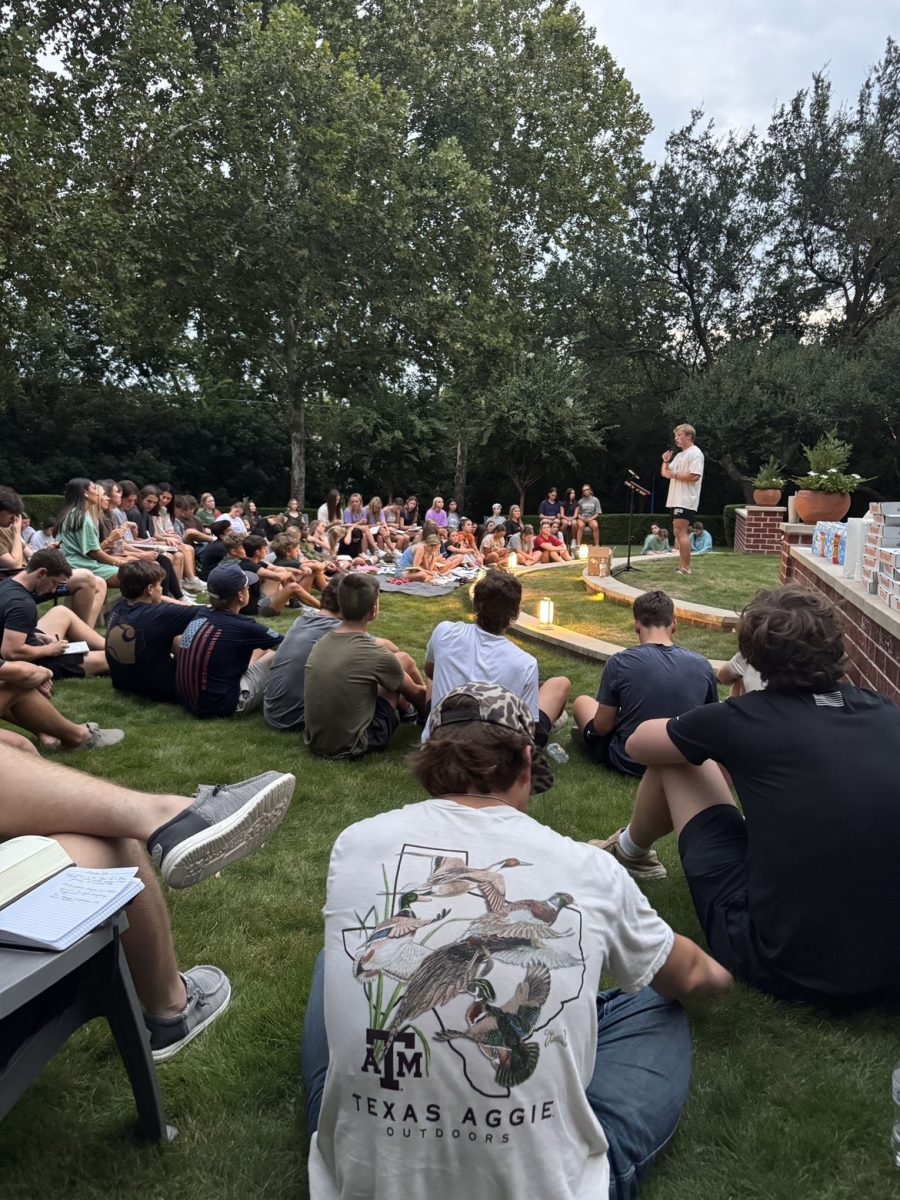Phoebe Prince, a Massachusetts high school student originally from Ireland, was a normal 15 year-old who was the ‘new girl’ in school. She was pretty, smart and nice. Not what many would consider a stereotypical victim of chronic bullying, but a group of ‘’mean girls’’ decided to target Prince as a victim of bullying.
A power struggle, frequent among high school girls, turned into a devastating event. Prince, depressed from the constant harassment, took her own life. After Prince’s story became national news in January 2010, many shocked Americans decided to take a stand against bullying.
October is Bullying Awareness month, a month to educate and prevent the serious issue plaguing many teenagers. Individual schools and organizations across the country are trying to organize programs to help prevent the spread of this epidemic.
Bullying among students, a problem as old as schools themselves, is a well-known issue across the country. After cases like Prince’s, schools and lawmakers are showing a new level of concern for the problem, and trying to reduce the occurrence in schools by educating teachers and students on how to recognize the signs of and how to prevent bullying.
“Bullying is going to happen everywhere you are, and in every kind of school you go to,” freshman Leticia Torena said.
Bullying is defined as physical or psychological intimidation that occurs repeatedly over time. This can include teasing, hitting, stealing, spreading rumors and exclusion.
“I’ve seen people pick on other people and just say things that they really shouldn’t be saying,” Torena said. “People know it gets them down and they still say it.”
Surveys indicate that as many as half of children are bullied at some point during their school years, but despite these statistics, not all students admit to having been involved in situations, whether as the bully, the victim or a witness.
“I haven’t really encountered much bullying,” freshman William Libey said.
Despite high statistics, some students are lucky enough to not be involved in bullying.
“I haven’t been involved in any bullying situations at Lovejoy, luckily,” sophomore Rebecca Gleason said. “That is a very good thing.”
Students who are bullied often face trauma and suffering that can interfere with many aspects of their life. There is no stereotypical bully, either – the so-called “good kids” have recently bullied an anonymous student at another school in our area.
“I hate going to school every day,” the student said. “I am constantly feeling excluded. Last year, a rumor was spread around about me that wasn’t true, and that was so hurtful. I want to leave the school I am at right now, because everybody treats me so cruelly. It’s awful. They judge me everyday, and think they’re better than me. It’s so hypocritical.”
Many students here on campus have strong anti-bullying opinions.
“You shouldn’t say things that you know are going to hurt people later,” Torena said.
Gleason also shares similar, strong views about bullying.
“Bullying is stupid,” Gleason said. “I don’t see why people need to put down other people to make themselves feel better.”
With many states now implementing anti-bullying laws, the consequences of bullying are now harsher than ever. Most schools, including this one, also now have strict punishments for bullies.
“There are legal consequences [in our area] for bullying,” Student Resource Officer Mark Mitchell said. “[The consequence] really depends on the judge, and what punishment he or she decides to give out. At our school, the consequences could include ending up in ISS [In School Suspension] for a day or a couple days, or if it is bad enough, you could end up in DAEP [District Alternative Education Program] for a couple days.”
Bullying is rarely reported, whether out of fear or sheer lack of knowledge about what bullying is. Often bullies typically are not punished, and struggling victims like Prince cannot get the help and protection they need.
All nine teenagers accused of bullying Phoebe Prince were found guilty, and in May 2011, all of the defendants were placed on probation, with a few also sentenced to community service. They will also have criminal charges on their permanent records, and have been punished at the school they attend.
With cases like Prince’s coming to national attention, advocates are trying to raise awareness for bullying and make help the victims. October is Bullying Prevention Awareness Month, and the National Child Traumatic Stress Network (NCTSN) is working to provide resources for families, teens, educators, mental health professionals, and law enforcement personnel on how to recognize, deal with, and prevent bullying. To access the information available on the NCTSN website about bullying, go to www.nctsn.org/resources/public-awareness/bullying-prevention-awareness-month. To raise awareness, Seventeen Magazine and ABC Family have joined forces to raise public awareness about cyberbullying, and hope to end the epidemic. Their campaign, Delete Digital Drama, has alerted many teenagers to what is cyberbullying and how to prevent it.















